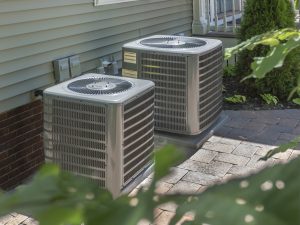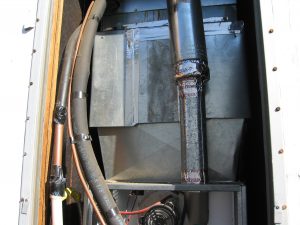Air conditioners are complex systems with many interlocking parts that work together. You’ve got the electrical components like the capacitor, the monitoring equipment and sensors like the thermostat, and the refrigerant that is constantly pressurized and depressurized to move heat.
This might sound like an overengineered piece of equipment—but air conditioners are actually very good at doing specifically what they’re designed to do, which is cool your home. Nothing else is required aside from a steady stream of electricity coming through your home.
But there’s one component that people tend to forget about when they’re surprised with air conditioning repair in Franklinville, NJ, and that’s the system’s coils. From evaporator coils to condenser coils, we’ll talk about your AC’s coils and what you can do to keep them in good shape.

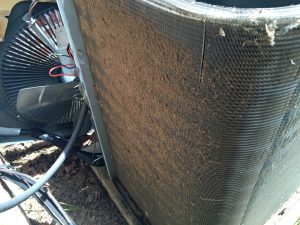


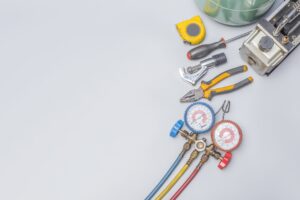
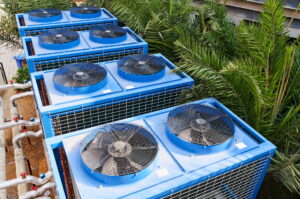 Air conditioners are put under a lot of stress during the summertime. Especially when we start seeing days with record highs and humidity levels that feel like we’re all breathing water, it’s common for an AC system to overheat. If your air conditioner is overheating or regularly running into problems that cause it to shut down, we urge you to call our team to have your
Air conditioners are put under a lot of stress during the summertime. Especially when we start seeing days with record highs and humidity levels that feel like we’re all breathing water, it’s common for an AC system to overheat. If your air conditioner is overheating or regularly running into problems that cause it to shut down, we urge you to call our team to have your 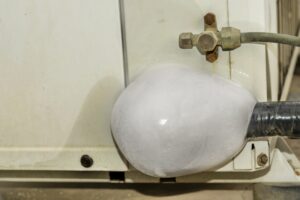 We don’t want to be alarmist. For most homeowners, the signs are pretty obvious when something is wrong with an air conditioner, and getting them addressed by a professional is the first step toward successful temperature control. However, there are many people who don’t understand how their air conditioners work, and thus, how problems happen. This means that a grinding or hissing noise coming from an AC unit is more likely to be ignored because a homeowner just doesn’t know what that is!
We don’t want to be alarmist. For most homeowners, the signs are pretty obvious when something is wrong with an air conditioner, and getting them addressed by a professional is the first step toward successful temperature control. However, there are many people who don’t understand how their air conditioners work, and thus, how problems happen. This means that a grinding or hissing noise coming from an AC unit is more likely to be ignored because a homeowner just doesn’t know what that is!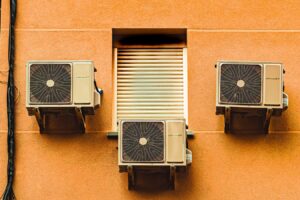 When you start getting comfortable with AC problems thinking to yourself, “well, it still works,” then you’re resigning yourself to being okay with problems that need help. Is your air conditioner really working for you? If it’s producing cooler air but that air isn’t cool enough, then we’re here to say you deserve better. The first step towards having better comfort in your home and lower bills is admitting that there’s a problem to begin with.
When you start getting comfortable with AC problems thinking to yourself, “well, it still works,” then you’re resigning yourself to being okay with problems that need help. Is your air conditioner really working for you? If it’s producing cooler air but that air isn’t cool enough, then we’re here to say you deserve better. The first step towards having better comfort in your home and lower bills is admitting that there’s a problem to begin with.
